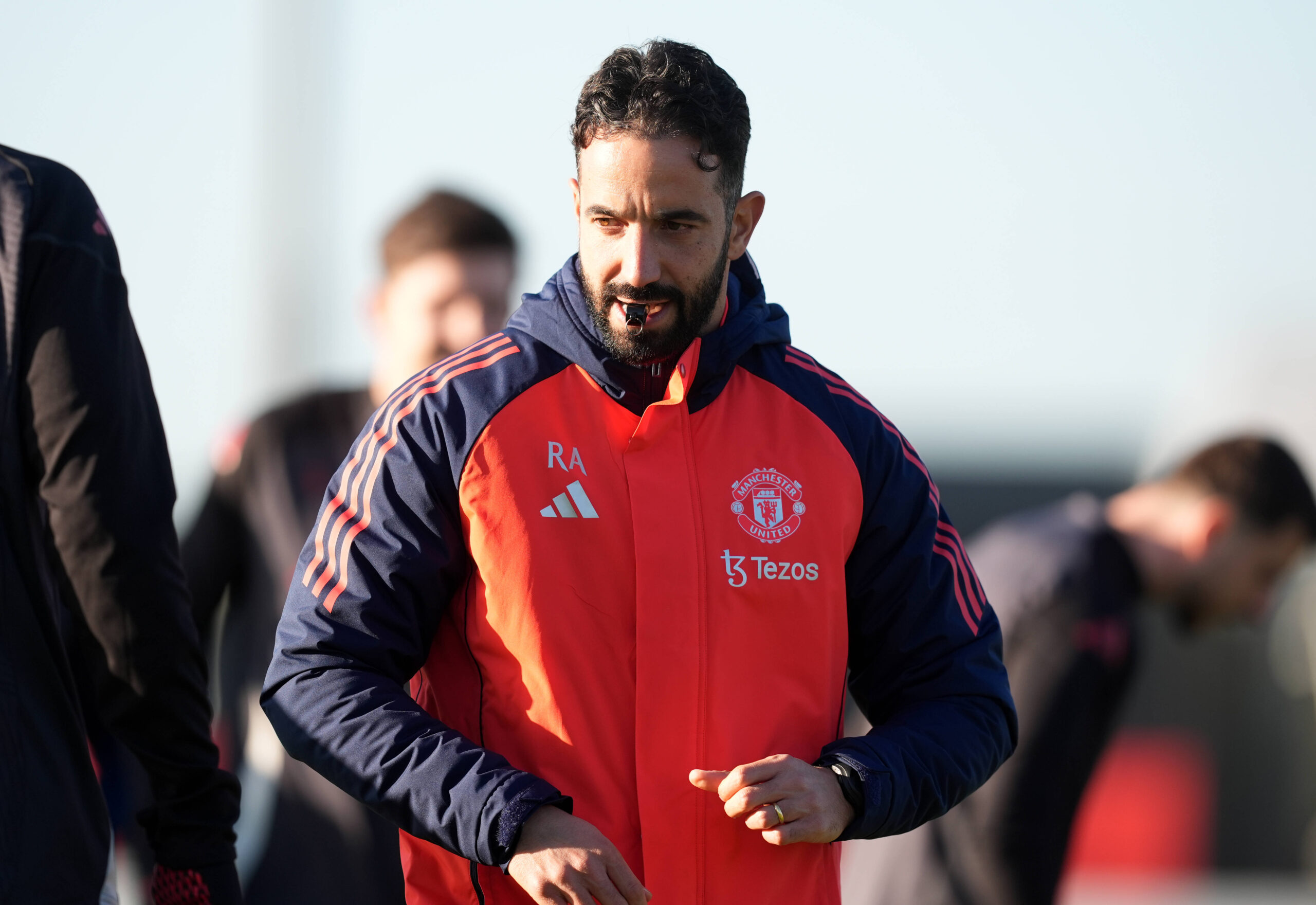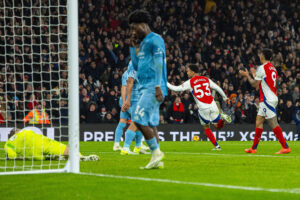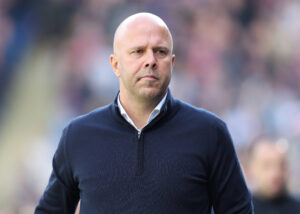After an encouraging display that also laid bare the work that needs to be done in a 1-1 draw with Ipswich Town at Portman Road, Manchester United have embarked on a new era under Ruben Amorim, the former Sporting Lisbon coach who has replaced Erik ten Hag in the Old Trafford hot seat. The Portuguese coach inherits a talented, yet imbalanced squad that lies a lowly 12th in the Premier League after their worst start since the Premier League began in 1992. Let’s take a look at three things the new boss needs to change to get the Red Devils season back on track.
Ruben Amorim’s Priorities at Manchester United: What the Portuguese Coach Needs To Change
💬 “We will play a different type of football. We have our ideas.”
The boss discussed his style of play in this afternoon’s press conference 🧠⚽️#MUFC || #PL
— Manchester United (@ManUtd) November 22, 2024
Mentality
Priority number one for Amorim will be the mentality of the squad. Over a decade of underachievement, six permanent managers have tried (and failed) to implement a long-term winning mentality within the squad that was lost upon the retirement of Sir Alex Ferguson in 2013. Although the club has still sporadically won trophies in that period, the Red Devils haven’t come close to winning the Premier League title, twice finishing a distant second to Manchester City in 2017-2018 (19 points behind) under Jose Mourinho and 2020-2021 (12 points) under Ole Gunnar Solskjaer.
Read More: Manchester United Face Stiff Chelsea Competition for Desired Left-Back Target
Whilst it can be argued that all six managers in the past decade have deserved to lose their job, the players have to be accountable for their performances. Amorim will be tasked with overhauling a losing mentality that has seen players wilt under the immense pressure that comes with playing for one of the world’s biggest clubs, be that by working on the mindset of the current squad or bringing in players that are up to executing his demands.
Midfield
United’s midfield has been a problem position throughout the past decade. Whilst the current squad boasts the experience of the likes of Casemiro and Christian Eriksen, the industry of Manuel Ugarte and the youthful potential of Kobbie Mainoo, the lack of a genuine ball-playing midfielder in the guise of Paul Scholes or Michael Carrick has been apparent for several seasons, with Ten Hag’s well-documented pursuit of Barcelona’s Frenkie de Jong an admission of the inability to recruit a player that will allow the team to control games on a regular basis.
Read More: Assessing Bruno Fernandes’ Role and Adaptability Under Ruben Amorim
Amorim’s protracted 3-4-3/3-4-2-1 system will tend towards a short-passing possession game, relying on intense pressing when United lose the ball, meaning that the development and/or recruitment of at least one elite passer in midfield becomes essential as the Portuguese imposes his style of play.
Sunday’s draw with Ipswich exposed the issues Amorim will have to resolve, a midfield pairing of Christian Eriksen and Casemiro at times overrun by Kieran McKenna’s vibrant and willing side.
Scoring Goals
The Red Devils have scored just 13 goals in 12 Premier League goals so far this season, with strikers Rasmus Hojlund and Joshua Zirkzee each accounting for just one of these, although the latter, based on his time at Bologna in Serie A, could reasonably claim to be a second striker/number 10 rather than an out and out number nine like former Atalanta man Hojlund.
If Amorim is to help United climb the table, he will need to boost the goalscoring output from the young forwards, as well as wingers such as current top scorer Alejandro Garnacho (3), Amad Diallo and Marcus Rashford. There were encouraging signs against Ipswich, with Diallo playing a starring role and setting up Rashford for the opening goal after just 81 seconds of play at Portman Road.
Work to be Done
If Amorim is to be successful at Manchester United, the three areas of improvement explained above will be essential. Whilst they are separate areas that the Red Devils need to make better, they are interconnected; a better balance in midfield will help the team create more goalscoring opportunities, and a better mentality will enable the team to be more clinical and focused to recover from losing positions or see games out under pressure.
It will be a long season for Amorim and his team, and fans should be patient as the new Portuguese coach implements his system, but simple changes in attitude and tactics can put Manchester United a step closer to getting back to where they belong.






